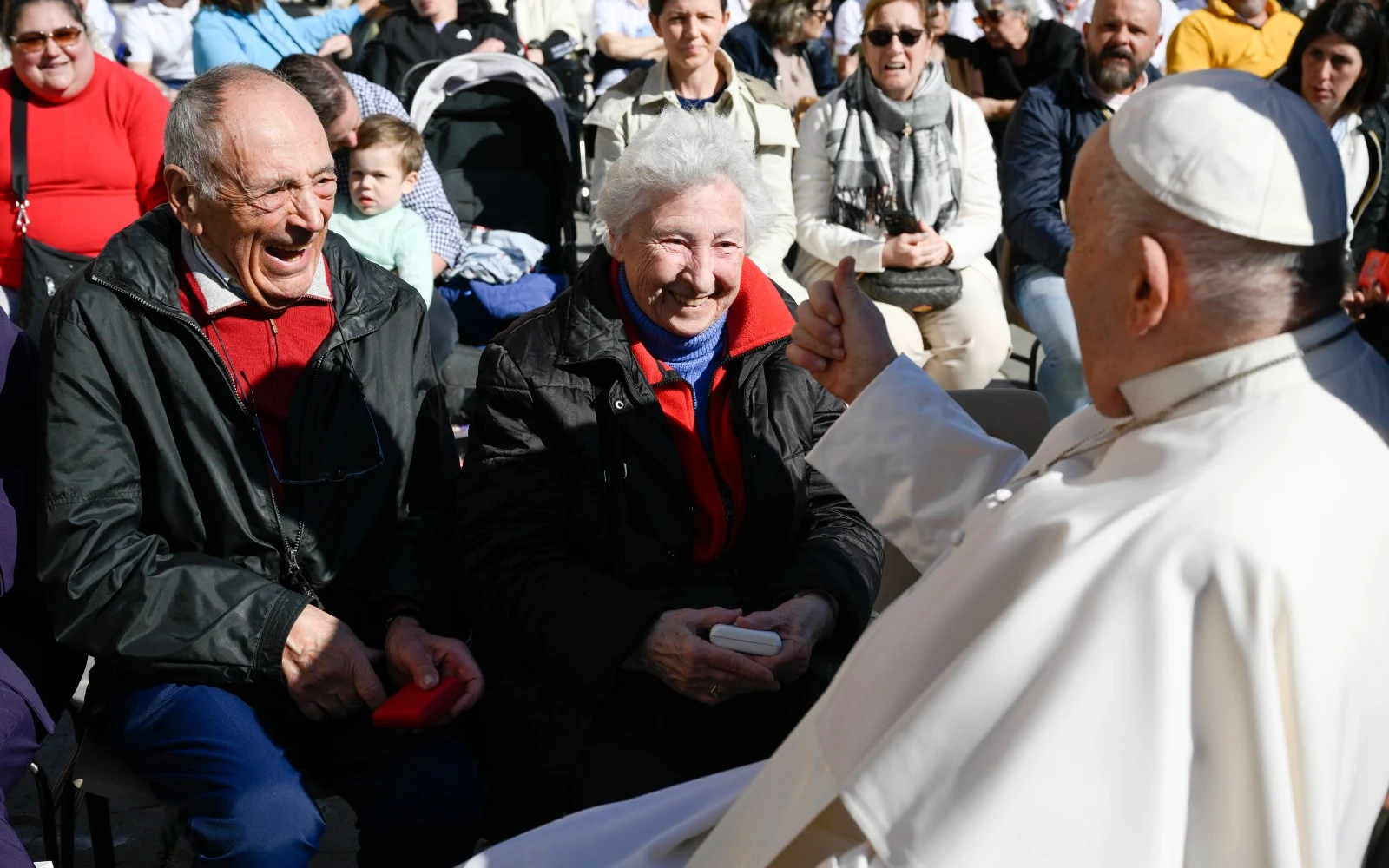On the other hand, today there are many women and men who seek their own personal fulfillment by leading an existence that is as autonomous and detached from others as possible. Common belongings are in crisis and individualities are affirmed; The passage from “we” to “I” appears to be one of the most evident signs of our time. The family, which is the first and most radical opposition to the idea that we can save ourselves alone, is one of the victims of this individualistic culture. But when one gets older, as one’s strength diminishes, the mirage of individualism, the illusion of not needing anyone and of being able to live without ties, is revealed for what it is: one finds oneself instead needing everything, but now alone, without any help, without having someone to count on. It is a sad discovery that many make when it is too late.
Loneliness and discarding have become recurring elements in the context in which we are immersed. These have multiple roots: in some cases they are the fruit of a programmed exclusion, a kind of sad “social plot”; In other cases it is unfortunately a personal decision. Other times they are also suffered by pretending that it is an autonomous choice. We are increasingly losing “the flavor of brotherhood” (Enc. Letter. Brothers all33) and it is even difficult for us to imagine something different.
In many elderly people we can see that feeling of resignation that the book of Ruth talks about, when it relates that the old Naomi—after the death of her husband and children—invited her daughters-in-law, Orpah and Ruth, to return to their countries of origin. origin and to their homes (cf. Rut 1.8). Noemí—like so many elderly people today—fears being alone, but she cannot imagine anything different. As a widow, she is aware of being of little value to society and is convinced of being a burden to these two young women who, unlike her, have their entire lives ahead of them. That is why she thinks it is better to move aside from her and she herself invites the young daughters-in-law to leave her and build her future in other places (cf. Rut 1,11-13). His words are a concentrate of social and religious conventions that seem immutable and that mark his destiny.
The biblical story presents us at this moment with two different opinions regarding Ruth’s invitation and, therefore, regarding old age. One of the two daughters-in-law, Orpá, who is fond of Noemí, kisses her with an affectionate gesture, but accepts what she also believes is the only possible solution and follows her own path. Ruth, on the other hand, does not separate from Naomi and addresses her with surprising words: “Do not insist that I abandon you” (Rut 1,16). He is not afraid to challenge customs and common opinion, he feels that this elderly woman needs her and, bravely, he remains by her side, beginning a new journey for both of them. To all of us—accustomed to the idea that loneliness is an inevitable destiny—Ruth teaches us that the plea “do not abandon me!” It is possible to respond “I will not abandon you!” He does not hesitate to disrupt what seems to be an immutable reality; living alone cannot be the only alternative! It is no coincidence that Ruth—the one who stayed with the old Naomi—is an ancestor of the Messiah (cf. Mt 1,5), of Jesus, the Immanuel, the One who is “God with us”, the One who brings the closeness and proximity of God to all men, of all conditions and of all ages.
